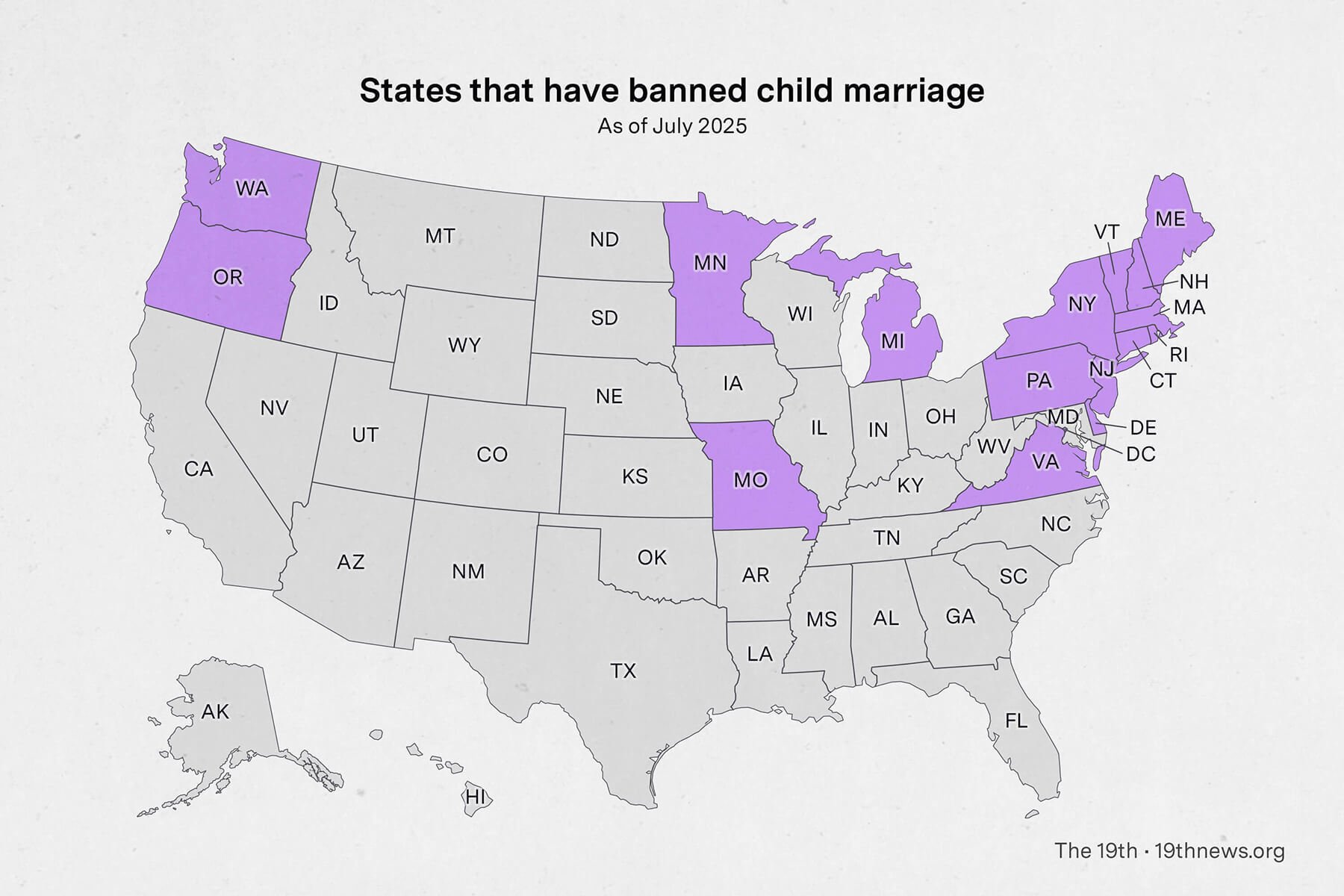- Joined
- Aug 21, 2025
- Messages
- 403
- Reaction score
- 24
- Gender
- Undisclosed
- Political Leaning
- Undisclosed
While I'm aware that consent is a required standard for sex to be legal, it isn't the only ethical issue people could postulate.
As an example, if a person frequently engages in casual sex, then they are repeatedly making and breaking bonds with people, and potentially missing out on the chance to form deeper relationships.
On the issue of sex resulting in pregnancy, issues could also be raised, such as if an individual is disabled and unable to provide for the child, though I believe general consensus would be that it would be morally wrong for the state to force disabled people not to reproduce or have romantic relationships. (As an example, we can look at couples with down syndrome):

On the issue of unethical or immoral sexual behavior, I would argue that we can make objective arguments for certain sexual behaviors being immoral. For example, even though child marriage has been practice in ancient times, the objective harm which child rape causes its victims can be pointed out, which is the reason that such behavior is illegal in modern times. It's also a biological fact that sex is linked to procreation, even if people don't have sex solely to procreate. So, naturally, a lot of behavior which is considered to be sexually deviant may not serve a procreative purpose. (Pedophilia, for example, serves no procreative purpose, because a pre-pubescent child isn't capable of procreation. And, as already mentioned, the objective harm which child molestation and rape causes its victims can be asserted, which is why such things are illegal to begin with). People who engage in sexually deviant behaviors such as pedophilia may be statistically deviant, but they are not considered "deviant" simply because they are a statistical minority. They are considered deviant because of the inherency of their behavior, and, naturally, societies tend not to tolerate people who engage in such behavior, just as they don't tolerate individuals who engage in other sexually deviant behaviors, such as rape - which does likely lead to such people being statistically a minority as well.
As an example, if a person frequently engages in casual sex, then they are repeatedly making and breaking bonds with people, and potentially missing out on the chance to form deeper relationships.
On the issue of sex resulting in pregnancy, issues could also be raised, such as if an individual is disabled and unable to provide for the child, though I believe general consensus would be that it would be morally wrong for the state to force disabled people not to reproduce or have romantic relationships. (As an example, we can look at couples with down syndrome):

On the issue of unethical or immoral sexual behavior, I would argue that we can make objective arguments for certain sexual behaviors being immoral. For example, even though child marriage has been practice in ancient times, the objective harm which child rape causes its victims can be pointed out, which is the reason that such behavior is illegal in modern times. It's also a biological fact that sex is linked to procreation, even if people don't have sex solely to procreate. So, naturally, a lot of behavior which is considered to be sexually deviant may not serve a procreative purpose. (Pedophilia, for example, serves no procreative purpose, because a pre-pubescent child isn't capable of procreation. And, as already mentioned, the objective harm which child molestation and rape causes its victims can be asserted, which is why such things are illegal to begin with). People who engage in sexually deviant behaviors such as pedophilia may be statistically deviant, but they are not considered "deviant" simply because they are a statistical minority. They are considered deviant because of the inherency of their behavior, and, naturally, societies tend not to tolerate people who engage in such behavior, just as they don't tolerate individuals who engage in other sexually deviant behaviors, such as rape - which does likely lead to such people being statistically a minority as well.
Last edited:


